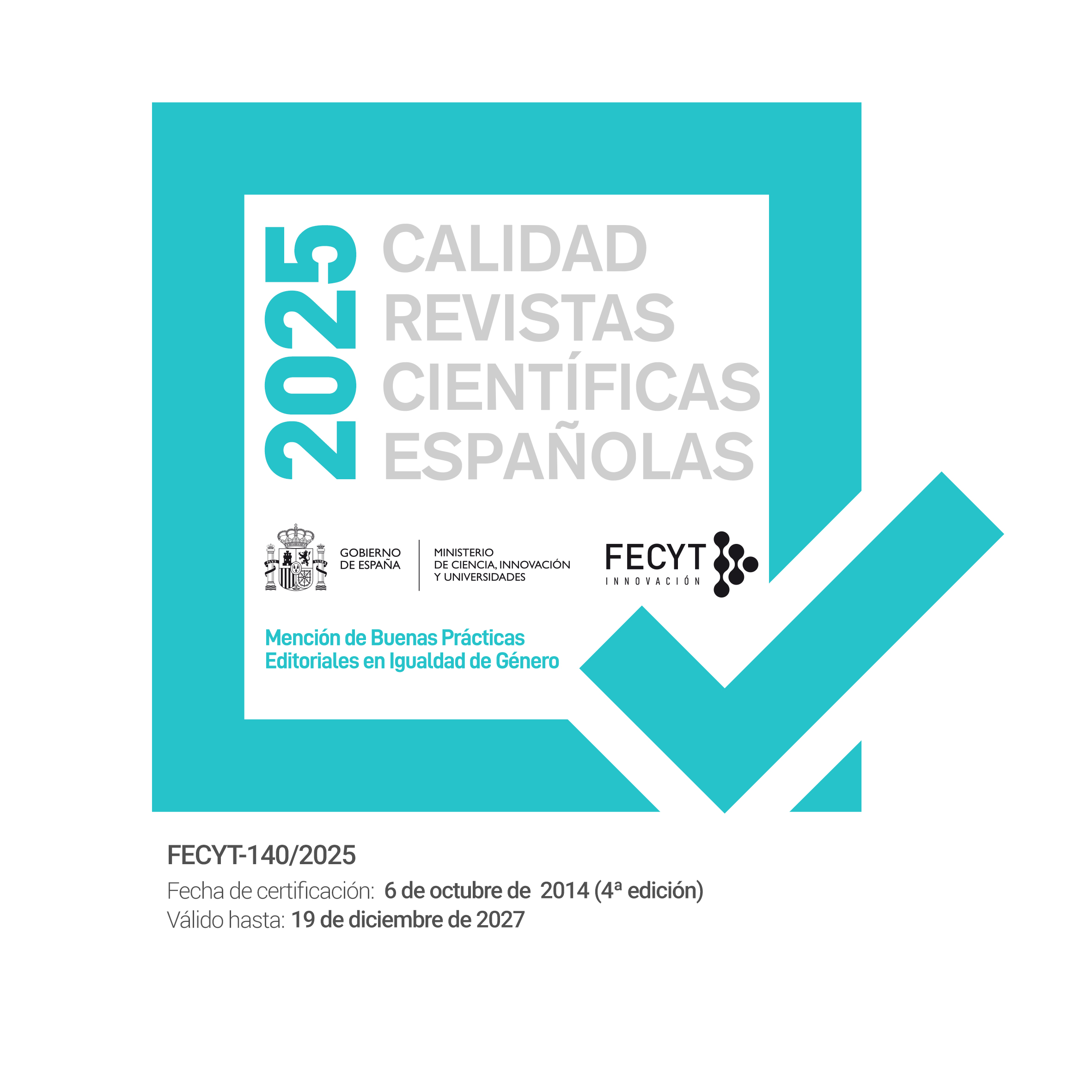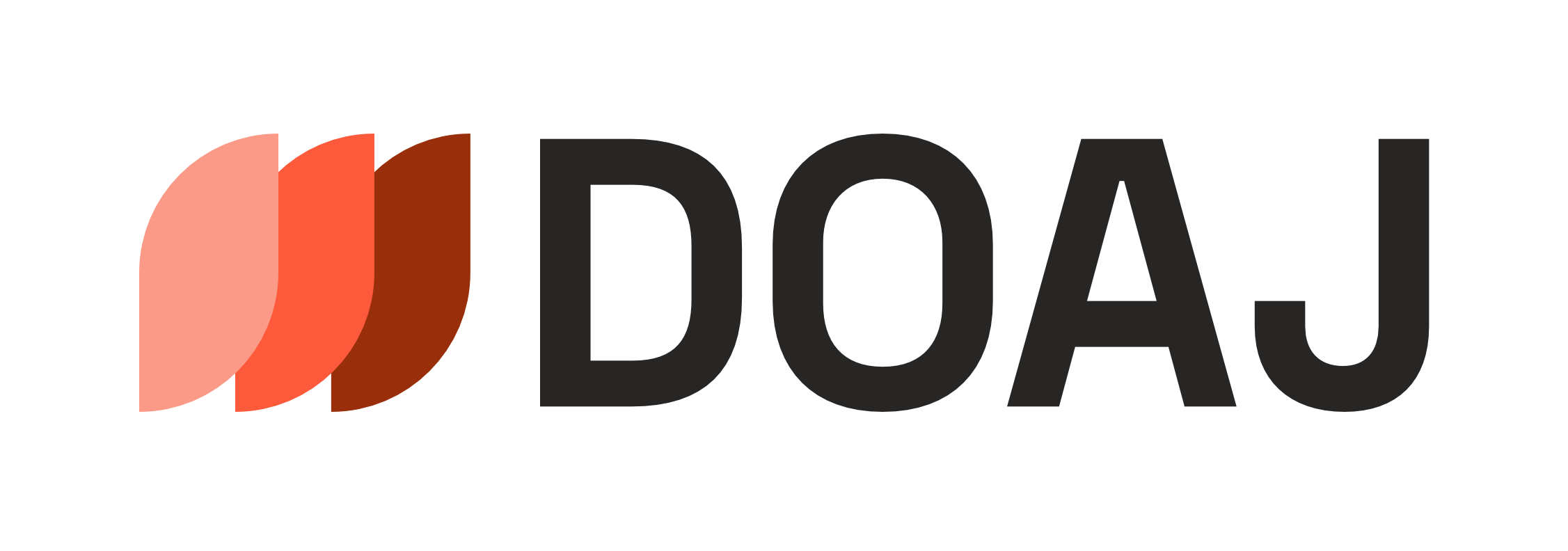Relecturas de Paulo Freire en el siglo XXI. Cincuenta años de Pedagogía del Oprimido
DOI:
https://doi.org/10.5944/educxx1.25640Palabras clave:
teorías educativas, teoría crítica, política educativa, ética, patriotismo, educación teológicaResumen
Introducción: La publicación de Pedagogía del oprimido supuso un hito en la historia y la teoría de la educación que consagró a Paulo Freire como uno de los grandes educadores, a la altura de Jean Jacques Rousseau o John Dewey. Sin embargo, su obra tuvo una recepción compleja ya en Estados Unidos y también en España. Con motivo del 50 aniversario de su primera publicación, y debido a esa importancia y a esa difícil recepción, este artículo analiza las relecturas que se han hecho de Freire en el siglo xxi, es decir, aquellos puntos a los que los teóricos de la educación vuelven. Metodología: Para ello se han analizado las obras más importantes del brasileño y, sobre todo, los artículos más relevantes del siglo xxi. Esto con el uso de una metodología hermenéutica inspirada en los postulados de Kederman y Curren, a saber, con la pretensión de volver a los autores históricos interesantes, inspiradores y orientadores para nosotros. Discusión: De esta manera se observa que las relecturas de Freire tienden a alejarlo de los postulados marxistas para releerlo desde perspectivas pedagógicas y políticas no tan vinculadas a la pedagogía crítica, que se abren a un interés moral y teológico. Resultados: En consecuencia, aparece un Freire menos ideologizado, con una ductilidad capaz de permitirle inspirar ya no solo las experiencias educativas propias de la pedagogía crítica, sino cualquier práctica educativa -que, a la postre, es la esperanza de los grandes educadores.
Descargas
Citas
Apple, M., Armando Gandín, L., & Moreira Hypolito, A. (2001). Paulo Freire. In J. Palmer, D.E. Cooper, & L. Bresler (eds), Fifty Modern Thinkers on Education: From Piaget to the Present (pp. 128-133). Routledge.
Beckett, K. (2018). John Dewey’s conception of education: Finding common ground with R. S. Peters and Paulo Freire. Educational Philosophy and Theory, 50(4), 380–389.
https://doi.org/10.1080/00131857.2017.1365705
Beckett, K.S. (2013). Paulo Freire and the Concept of Education. Educational Philosophy and Theory, 45(1), 49–62.
https://doi.org/10.1080/00131857.2012.715385
Biesta, G. (2017). Don’t be fooled by ignorant schoolmasters: On the role of the teacher in emancipatory education. Policy Futures in Education, 15(1), 52–73. https://doi.org/10.1177/1478210316681202
Bingham, C. (2015). Against Educational Humanism: Rethinking Spectatorship in Dewey and Freire. Studies in Philosophy and Education, 35(2), 181– 193. https://doi.org/10.1007/s11217-015-9490-3
Blake, N., & Masschelein, J. (2003). Critical theory and critical pedagogy. In N. Blake, P. Smeyers, R. Smith, & P. Standish (eds.), The Blackwell guide to the philosophy of education (pp. 38–56). Blackwell.
Bolin, T.D. (2017). Struggling for democracy: Paulo Freire and transforming society through education. Policy Futures in Education, 15(6), 744–766. https://doi.org/10.1177/1478210317721311
Corman, L. (2011). Impossible Subjects: The Figure of the Animal in Paulo Freire’s Pedagogy of the Oppressed. Canadian Journal of Environmental Education, 16, 29-45.
Curren, R. (2017). Philosophy of Education: its current trajectory and challenges. En M.A. Peters (ed.), Encyclopedia of Educational Philosophy and Theory (pp. 1863-1866). Springer.
Espinoza, O. (2017). Paulo Freire’s ideas as an alternative to higher education neo-liberal reforms in Latin America. Journal of Moral Education, 46(4), 435–448.
https://doi.org/10.1080/03057240.2017.1363601
Flecha, R. (2011). In Flecha’s words. En J.D. Kirylo (ed.), Paulo Freire: the man from Recife (pp. 248-249). Peter Lang Publishing.
Freire, P. & Shor, I. (1987). A pedagogy for liberation. Dialogues on transforming education. MacMillan.
Freire, P. (1973). ¿Extensión o comunicación? La concientización en el medio rural (1ª ed. España). Siglo xxi.
Freire, P. (1974). Educación, liberación e Iglesia. En VV AA Teología Negra. Teología de la liberación (pp. 13-48). Sígueme.
Freire, P. (1975). Acción cultural para la libertad (2ª ed.). Tierra Nueva.
Freire, P. (1977). Cartas a Guinea-Bissau. Apuntes de una experiencia pedagógica en proceso (1ª ed. España). Tierra Nueva.
Freire, P. (2006). Pedagogía de la tolerancia (1ª ed. en castellano). Fondo de Cultura Económica.
Freire, P. (2008). Cartas a Cristina. Reflexiones sobre mi vida y mi trabajo (3ª ed. en castellano). Siglo xxi.
Freire, P. (2015a). La educación como práctica de la libertad (1ª ed. en España, reimpresión). Siglo xxi.
Freire, P. (2015b). Pedagogía de la esperanza: un reencuentro con la pedagogía del oprimido (2ª ed., 2ª reimpresión). Siglo xxi.
Freire, P. (2017). Pedagogía del oprimido (2ª ed., 4ª reimpresión). Siglo xxi.
Gadotti, M. (1994). Reading Paulo Freire. His life and work. State University of New York Press.
Galloway, S. (2012). Reconsidering emancipatory education: staging a conversation between Paulo Freire and Jacques Rancière. Educational Theory, 62(2), 163–184.
https://doi.org/10.1111/j.1741-5446.2012.00441.x
Galloway, S. (2017). Flowers of argument and engagement? Reconsidering critical perspectives on adult education and literate practices. International Journal of Lifelong Education, 36(4), 458–470. https://doi.org/10.1080/02601370.2017.1280859
Gibson, R. (1999). Paulo Freire and Pedagogy for Social Justice. Theory & Research in Social Education, 27(2), 129–159. https://doi.org/10.1080/00933104.1999.10505876
Gottesman, I. (2010). Sitting in the Waiting Room: Paulo Freire and the Critical Turn in the Field of Education. Educational Studies, 46(4), 376-399.
Groves, T. (2011). Looking up to Paulo Freire: education and political culture during the Spanish transition to democracy. Paedagogica Historica, 47(5), 701-717.
Guilherme, M. (2017). Freire’s philosophical contribution for a theory of intercultural ethics: A deductive analysis of his work. Journal of Moral
Education, 46(4), 422–434. https://doi.org/10.1080/03057240.2017.1363600
Gushiken, K.M. (2012). Paulo Freire and his Contribution to Multiethnic Churches. Religious Education, 107(2), 122–138. https://doi.org/10.1080/00344087.2012.660415
Hobsbawm, E. (2018). ¡Viva la Revolución! Sobre América Latina. Crítica.
Irwin, J. (2018). Authority Through Freedom. On Freire’s Radicalisation of the Authority-Freedom Problem in Education. Espacio, Tiempo y Educación, 5(1), 57-69. http://dx.doi. org/10.14516/ete.191
Jackson, S. (2007). Freire re-viewed. Educational Theory, 57(2), 199–213. https://doi.org/10.1111/j.1741-5446.2007.00252.x
James Blackburn, J. (2000). Understanding Paulo Freire: reflections on the origins, concepts, and possible pitfalls of his educational approach. Community Development Journal, 35(1), 3–15.
https://doi.org/10.1093/cdj/35.1.3
Kerdeman, D. (1998). Hermeneutics and Education. Educational Theory, 48(2), 241-266. https://doi.org/10.1111/j.1741-5446.1998.00241.x
Kirylo, J.D., & Boyd, D. (2017). Paulo Freire. His faith, spirituality and theology. Sense Publishers.
Kohan, W.O. (2018). Paulo Freire and Philosophy for Children: A Critical Dialogue. Studies in Philosophy and Education, 37(6), 615-629. https://doi.org/10.1007/s11217-018-9613-8
Lake, R., & Kress, T. (2017). Mamma don’t put that blue guitar in a museum: Greene and Freire’s duet of radical hope in hopeless times. Review of Education, Pedagogy, and Cultural Studies, 39(1), 60–75. https://doi.org/10.1080/10714413.2017.1262166
Lewis, T.E. (2009). Education in the Realm of the Senses: Understanding Paulo Freire’s Aesthetic Unconscious through Jacques Rancière. Journal of Philosophy of Education, 43(2), 285–299. https://doi.org/10.1111/j.1467-9752.2009.01627.x
McLaren, P. (2000). Che Guevara, Paulo Freire and the pedagogy of revolution. Rowman & Littlefield Publishers.
Petruzzi, A. (1998). Hermeneutic disclosure as freedom: John Dewey and Paulo Freire on the nonrepresantational nature of education. Proceedings of the midwest philosophy of education society, 1997-1998 (pp. 110-121).
Petruzzi, A.P. (2001). Kairotic Rhetoric in Freire’s Liberatory Pedagogy. jac: Journal of Rethoric, Culture, and Politics, 21(2), 349-381.
Rennick, J.B. (2015). Learning that Makes a Difference: Pedagogy and Practice for Learning Abroad. Teaching & Learning Inquiry: The ISSOTL Journal, 3(2), 71. https://doi.org/10.2979/teachlearninqu.3.2.71
Roberts, P. (1999). A Dilemma for Critical Educators? Journal of Moral Education, 28(1), 19–30. https://doi.org/10.1080/030572499103287
Roberts, P. (2000). Education, literacy, and humanization. Exploring the work of Paulo Freire. Bergin & Garvey.
Roberts, P. (2003). Pedagogy, Neoliberalism and Postmodernity: Reflections on Freire’s later work. Educational Philosophy and Theory, 35(4), 451–465. https://doi.org/10.1111/1469-5812.00041
Roberts, P. (2015). Paulo Freire and Utopian Education. Review of Education, Pedagogy, and Cultural Studies, 37(5), 376–392. https://doi.org/10.1080/10714413.2015.1091256
Rozas, C. (2007). The Possibility of Justice: The Work of Paulo Freire and Difference. Studies in Philosophy and Education, 26(6), 561–570. https://doi.org/10.1007/s11217-007-9065-z
Schugurensky, D. (2011). Paulo Freire. Bloomsbury.
Shyman, E. (2011). A Comparison of the Concepts of Democracy and Experience in a Sample of Major Works by Dewey and Freire. Educational Philosophy and Theory, 43(10), 1035–1046. https://doi.org/10.1111/j.1469-5812.2009.00625.x
Swanger, D. (1983). The Future of Aesthetic Education. Journal of Aesthetic Education, 17(1), 15-30. https://doi.org/10.2307/3332221
Veugelers, W. (2017). The moral in Paulo Freire’s educational work: What moral education can learn from Paulo Freire. Journal of Moral Education, 46(4), 412–421. https://doi.org/10.1080/03057240.2017.1363599
Webb, D. (2010). Paulo Freire and “the need for a kind of education in hope”. Cambridge Journal of Education, 40(4), 327–339. https://doi.org/10.1080/0305764x.2010.526591
Webb, D. (2012). Pedagogies of Hope. Studies in Philosophy and Education, 32(4), 397–414. https://doi.org/10.1007/s11217-012-9336-1
Publicado
Cómo citar
Número
Sección
Licencia
Derechos de autor 2020 Educación XX1

Esta obra está bajo una licencia internacional Creative Commons Atribución-NoComercial 4.0.
La revista Educación XX1 se publica bajo licencia Creative Commons Reconocimiento-NoComerciaL 4.0 (CC BY-NC 4.0). Se permite la generación de obras derivadas siempre que no se haga un uso comercial. Tampoco se puede utilizar la obra original con finalidades comerciales.










